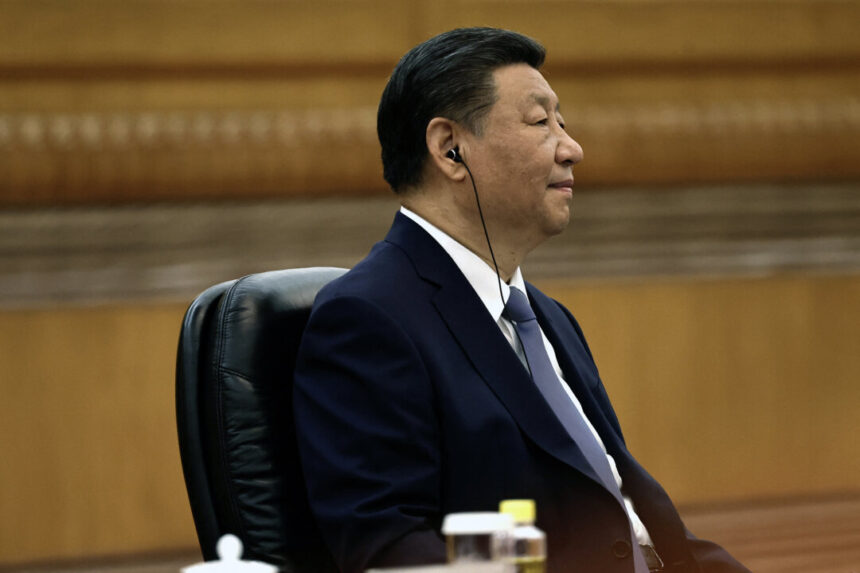The replacement for Xi under one-man rule in China may be dependent on the state of the country at the time. Speculation on who would succeed Xi Jinping and what would transpire after his departure is crucial, given China’s global significance. The history of China’s handling of the exit of an all-powerful leader, such as Chairman Mao Zedong, serves as a cautionary tale. Mao’s dictatorial regime led to devastating consequences for the country, prompting a shift to a rule-by-committee system after his death in 1976. Xi Jinping, the current leader, wields immense power akin to Mao, raising questions about his potential successor and the future of China. The secrecy surrounding a possible successor and Xi’s health uncertainties add complexity to the succession process. The impact of Xi’s departure on China and the global stage remains uncertain, with the country’s pivotal role in shaping global affairs. The possibility of a return to rule-by-committee or a leadership change within the CCP raises intriguing questions about China’s future trajectory. Xi’s authoritarian control and surveillance measures have transformed China into a formidable force on the world stage. The challenges facing China in the coming years may mirror those experienced during Mao’s rule, highlighting the uncertainties surrounding Xi’s tenure. The technological advancements in modern China have propelled the country light years ahead of its state in the 1960s and ’70s. However, there are some similarities that can be drawn between the past and present.
One key similarity is the growing division within China, as the CCP continues to influence economic outcomes, creating winners and losers. This has led to increasing dissent among the population, resulting in a clash between the people and the Party. To counter this growing disunity, the CCP is attempting to revive a sense of cultural unity among a population that is becoming more disheartened and skeptical due to worsening economic conditions and political repression.
If economic conditions deteriorate further, there is a possibility that Xi Jinping, like Mao Zedong before him, may resort to isolating China from the rest of the world in order to maintain power or prevent potential threats to his leadership. Alternatively, he may choose to pursue a militaristic approach in the Asia-Pacific region and beyond. External factors and internal pressures may push him to take decisive actions sooner rather than later.
It is important to note that the views expressed in this article are the opinions of the author and may not necessarily align with those of The Epoch Times.
Source link





